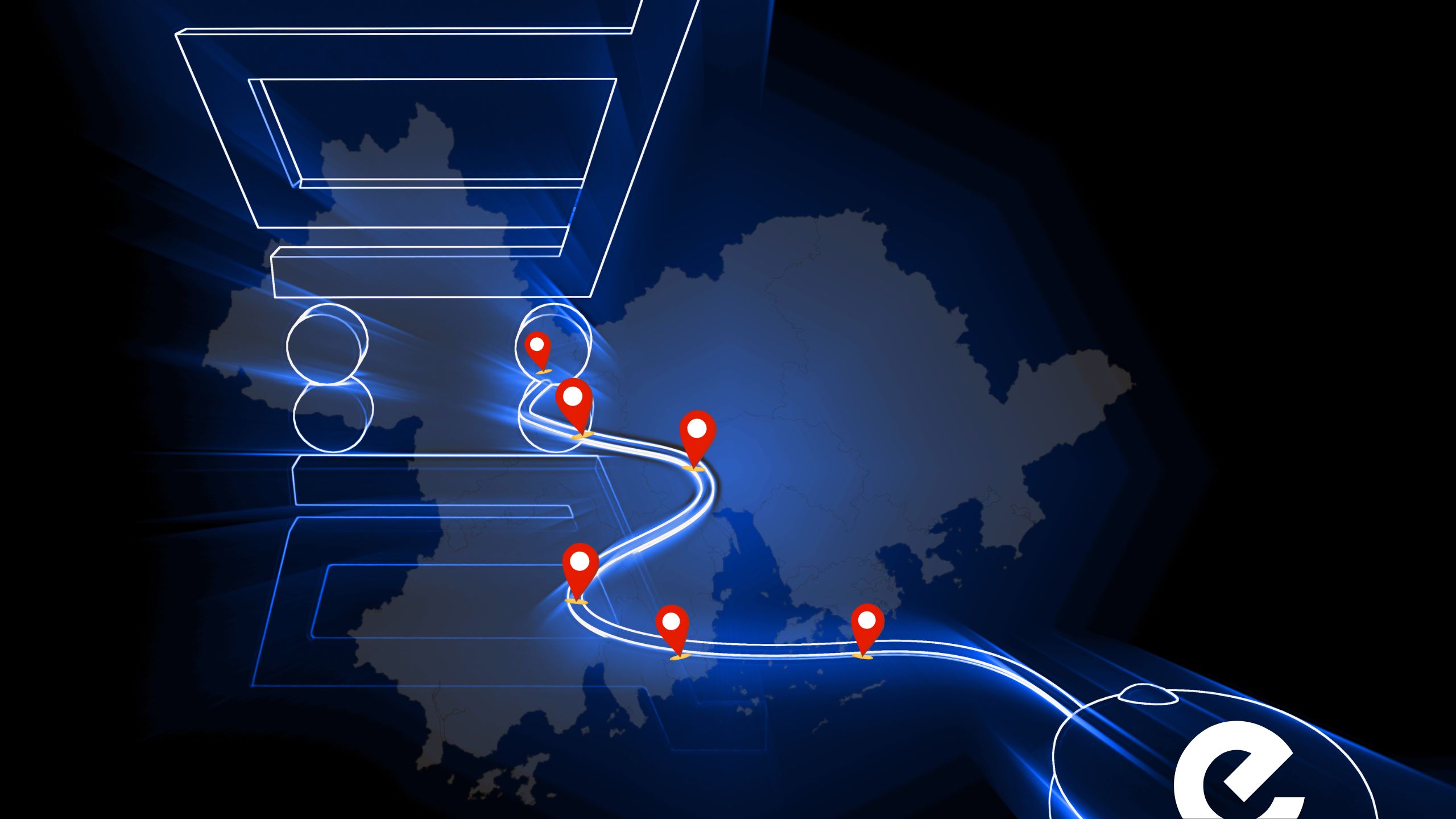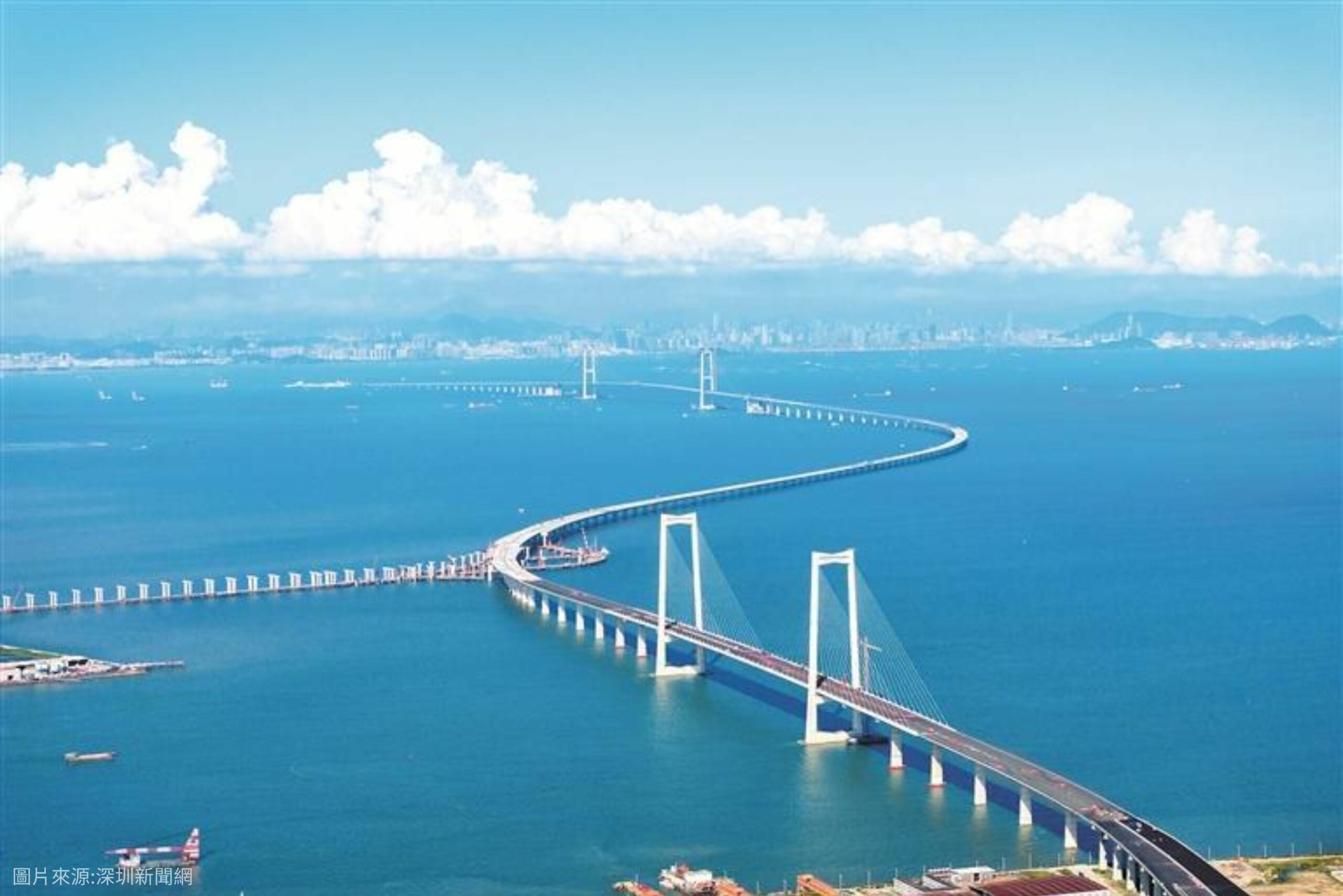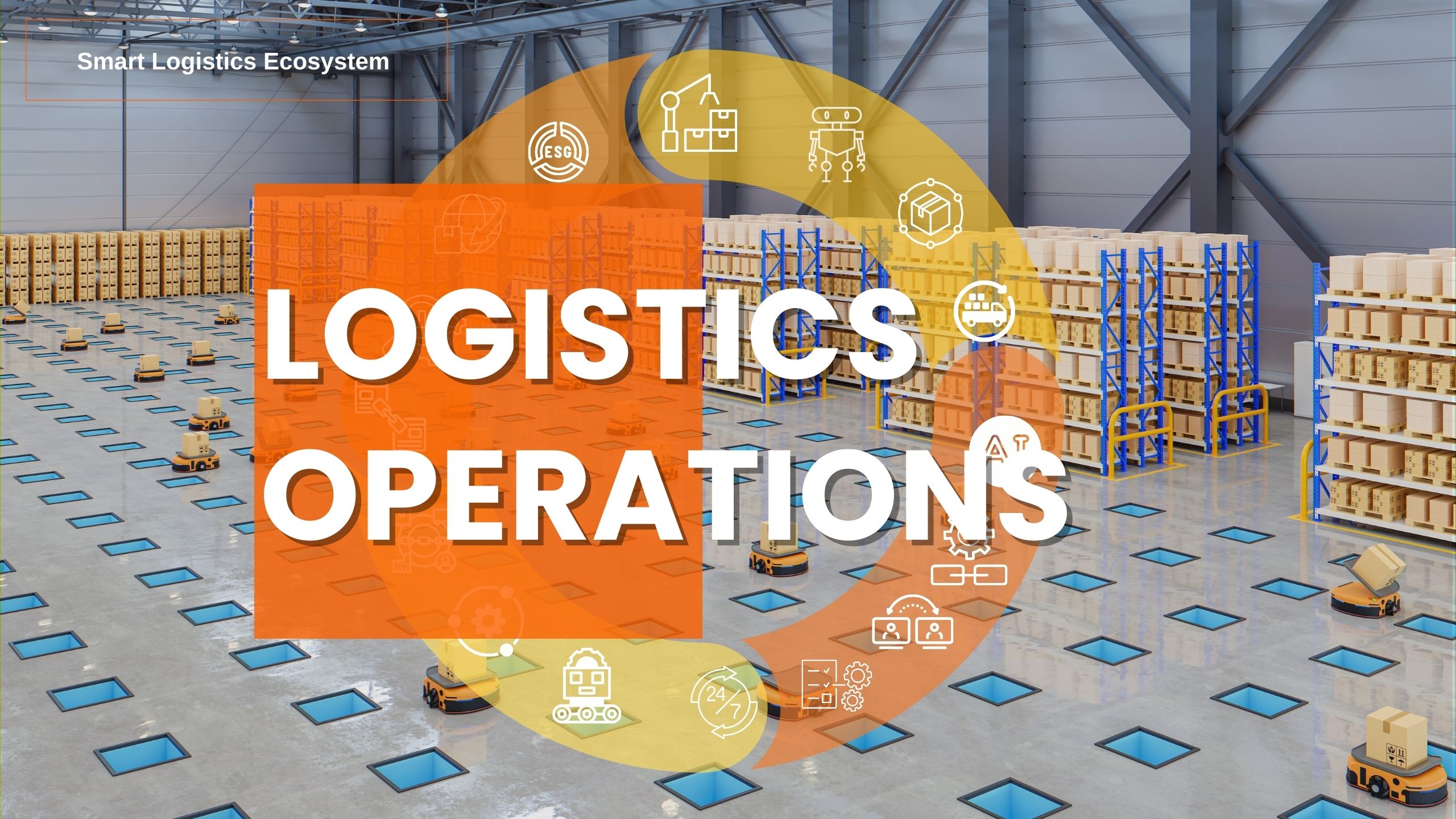Accelerating the diversification of industries-(1)Cross-border e-commerce integrates logistics information systems with supply chains
- September 29, 2023

Establishing a logistics hub on the west coast of Zhuhai, leveraging its advantageous geographical location and proximity to both inland manufacturing bases and international ports, will facilitate the development of diverse industries. As the Greater Bay Area integration progresses, neighboring cities such as Dongguan, Foshan, Huizhou, and Zhongshan, known for their manufacturing prowess, will experience an increased demand for logistics services.
Cross-border e-commerce is poised to become a significant field with immense growth potential in the Greater Bay Area. Guangdong statistics show that cross-border e-commerce imports and exports will reach RMB 370.75 billion by 2025. The Pearl River Delta, characterized by its robust industrial capacity, has rapidly expanded in export-oriented cross-border e-commerce. By the end 2019, six comprehensive test zones, including Guangzhou, Shenzhen, Zhuhai, Dongguan, Foshan, and Shantou, had established 3,918 online complete service platform enterprises and 25 offline cross-border e-commerce industrial parks. These initiatives accounted for a total import and export volume of RMB 107.96 billion, representing 97.4% of the province’s total.
As a trailblazing city, Shenzhen has emerged as a hub for cross-border e-commerce innovation and entrepreneurship, housing representative companies such as JD International and Pinduoduo. Emerging cross-border e-commerce platforms like FK Malls have also experienced rapid growth in recent years. These platforms integrate logistics information systems with the supply chain, providing convenient shopping experiences for overseas buyers.
The operation of the Guangzhou-Hong Kong High-Speed Rail has significantly reduced transportation time for e-commerce logistics, facilitating the swift circulation of cross-border goods. For instance, the Guangdong-Hong Kong-Macao Cross-border Express Clearance can be processed online, with clearance procedures completed in as fast as 2 minutes, expediting the seamless flow of goods.
Moreover, the Pearl River Delta region has attracted numerous leading foreign trade enterprises with a foundation in export manufacturing. These companies are increasingly transitioning their operations to engage in cross-border procurement and supply chain businesses, thereby enriching the e-commerce products available in the Greater Bay Area.
To support the development of cross-border e-commerce, the central government has introduced corresponding measures, such as expanding the list of duty-free goods and facilitating the entry of high-quality products into overseas markets. It is anticipated that in the coming years, cross-border e-commerce will become one of the pivotal drivers of economic growth in the Greater Bay Area.
Other News
- All Post
- Greater Bay Alliance

The long-awaited Shenzhen-Zhongshan Bridge has finally passed its completion inspection on June 16th. This infrastructure marvel, comprising an underwater tunnel through the Pearl Riverbed and a cross-sea highway bridge, will connect the two cities and slash their travel time to just 30 minutes.

The 15th LET - a CeMAT Asia Event was officially unveiled recently, held for three consecutive days (May 29-31) at the Guangzhou China Import & Export Fair Complex.

Asset partners comprise capital investors and real estate providers with financial resources and physical logistics properties such as warehouses, logistics centers, and distribution centers. Both parties are driven by achieving long-term stable returns and asset appreciation, but they may need more experience in operating logistics assets.

With the increasing demand for online shopping, the logistics industry faces significant challenges and opportunities. To meet the growing needs, logistics operators must invest substantial funds in acquiring new logistics equipment, such as automation, intelligence, and digitization, to enhance operational efficiency and service levels. However, such investments can be a significant burden for many logistics operators.
